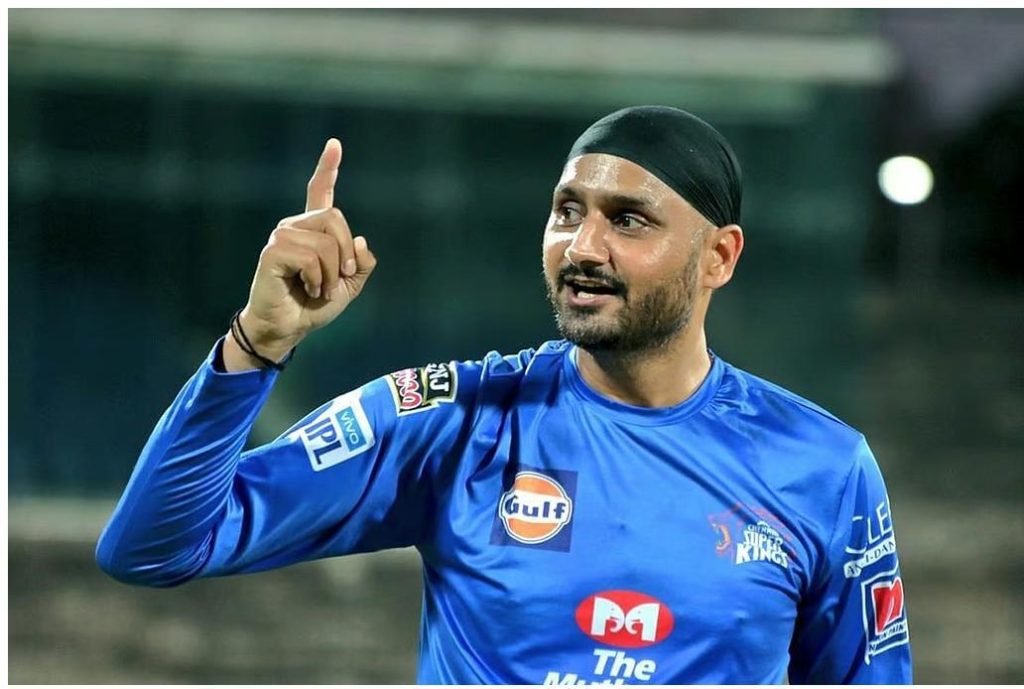
Leading a Franchise is Tougher than Leading Team India: Harbhajan Singh
In a recent interview, former India spinner Harbhajan Singh shared his thoughts on the challenges of leading a franchise in the Indian Premier League (IPL). While many believe that leading Team India is the most difficult task in cricket, Harbhajan disagreed, stating that it’s actually more challenging to lead a franchise. His comments came as a warning to Rajat Patidar, who is set to captain Royal Challengers Bangalore in IPL 2025.
Harbhajan, who has led the Chennai Super Kings to several victories in the IPL, emphasized the importance of balancing individual performances with team goals. “Leading a franchise is a huge challenge, especially when you have superstars like Virat Kohli and AB de Villiers in your team,” he said. “People think leading Team India is the most difficult thing, but I think it’s even tougher leading a franchise because I’ve done it.”
Patidar, who has never led a team before, will have to navigate the complexities of team management and player dynamics. Harbhajan’s warning serves as a reminder that leading a franchise is not just about winning matches, but also about managing egos and maintaining team harmony.
Harbhajan’s experience as a captain is unparalleled in Indian cricket. He led the Indian team in several Test matches, including the historic series victory over Australia in 2001. His IPL experience is equally impressive, having led the Chennai Super Kings to two titles in 2010 and 2011.
However, Harbhajan’s words of warning are not just limited to Patidar. They serve as a reminder to all aspiring captains in the IPL that leading a franchise is a delicate balancing act. A captain has to balance individual performances with team goals, manage conflicting opinions, and make tough decisions under pressure.
The IPL has a history of producing talented captains, but it’s not easy to succeed in the highly competitive environment of the league. A captain has to be a leader, a motivator, and a tactician all at once. They have to make decisions that may not always be popular, but are necessary for the team’s success.
Patidar, who has been a consistent performer for Royal Challengers Bangalore, has a lot to learn from Harbhajan’s experience. As a captain, he will have to develop a deep understanding of his team’s strengths and weaknesses, as well as the strengths and weaknesses of his opposition.
Leading a franchise is not just about winning matches; it’s also about building a team culture that fosters growth and development. A captain has to be able to communicate effectively with his players, provide guidance and support, and make tough decisions when necessary.
In conclusion, Harbhajan’s warning to Patidar serves as a reminder that leading a franchise in the IPL is not an easy task. It requires a deep understanding of the game, strong leadership skills, and the ability to manage conflicting opinions and egos. While Patidar has a lot to learn, he has the potential to become one of the great captains of the IPL.



